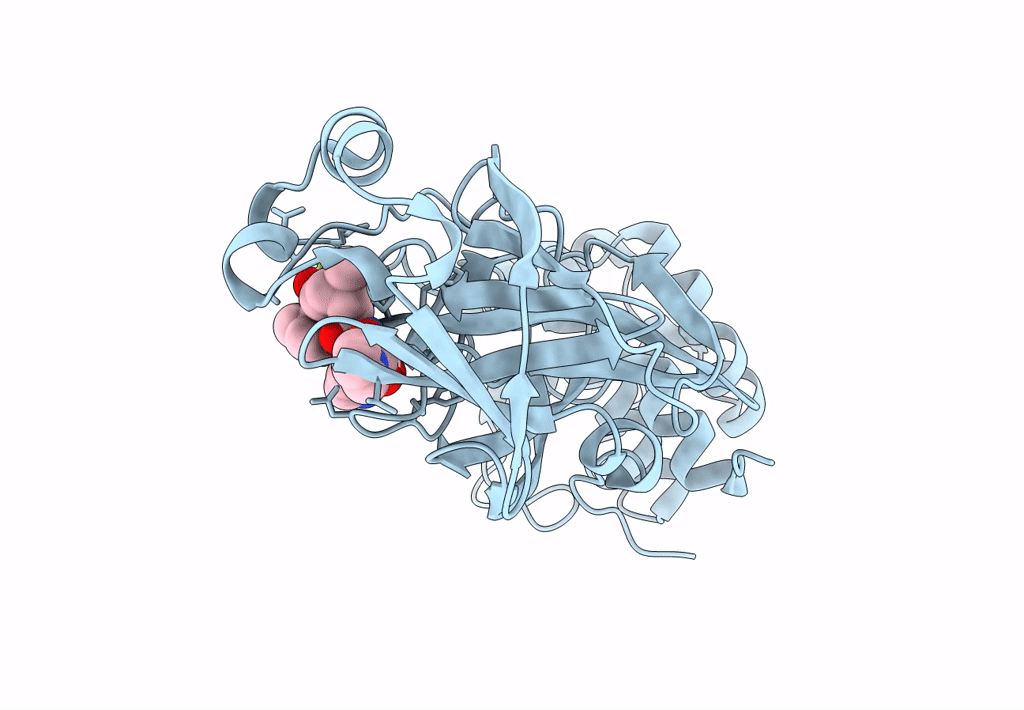
Deposition Date
2022-03-09
Release Date
2023-09-06
Last Version Date
2024-11-13
Entry Detail
Biological Source:
Source Organism(s):
Expression System(s):
Method Details:
Experimental Method:
Resolution:
1.80 Å
R-Value Free:
0.20
R-Value Work:
0.17
R-Value Observed:
0.17
Space Group:
P 21 21 2


